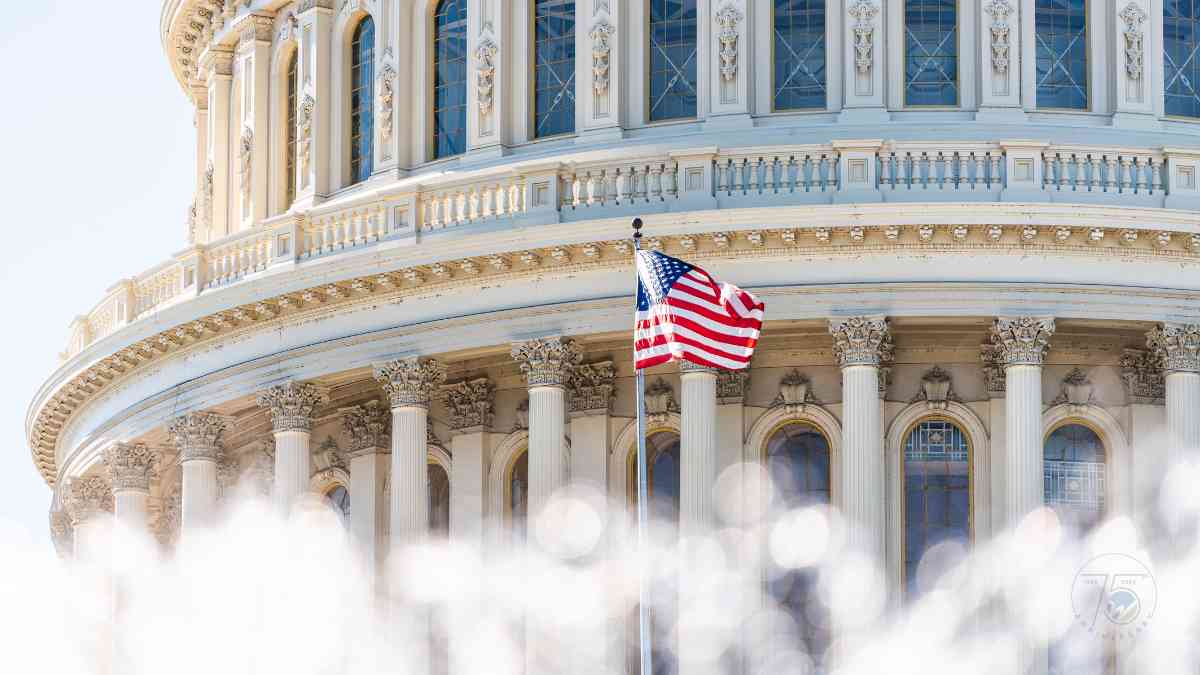Recent legislation offers a number of resources for not-for-profits (NFP). That is the good news! The more challenging news is the fluidity and volume of information. Two pieces of legislation that can potentially provide economic relief for NFPs are the Families First Coronavirus Response (FFCRA) Act passed on March 18, 2020 and the Coronavirus Aid, Relief, and Economic Security (CARES) Act passed on March 27, 2020.
FFCRA
FFCRA requires employers with fewer than 500 employees to provide employees with up to two weeks of paid sick leave and up to 12 weeks (10 weeks paid) expanded family and medical leave for qualifying Coronavirus-related need. This is effective April 1, 2020 through December 31, 2020. Further details can be found at the Department of Labor site, https://www.dol.gov/agencies/whd/pandemic/ffcra-employee-paid-leave , or on this employee rights poster.
FFCRA also included refundable tax credits. The qualified family leave wages credit provides an employer, subject to certain limitations, a payroll tax credit equal to 100% of the qualified family leave wages paid by the employer. The qualified sick leave credit provides an employer, subject to certain limitations, a payroll tax credit equal to 100% of the qualified sick leave wages paid by the employer.
NOTE: IRS Form 7200 provides instructions for both of these credits, as well as the employee retention credit available in the CARES Act. Please note that the same wages cannot be counted for the two FFCRA credits and the employee retention credit in the CARES Act.
CARES
CARES provides two loan programs, an above the line charitable deduction, an employee retention tax credit, and unemployment insurance.
The Paycheck Protection Program (PPP) is generally the first choice loan for most NFPs. The other loan program is the Economic Injury Disaster Loan (EIDL). A summary and comparison of the two programs is provided in the following table.
[table id=8 /]
Please note these are loan programs, not free money. NFPs can apply for both loans. If applying for both loans, please note the following:
- Funds CANNOT be used for the same purpose (i.e. no double dipping)
- If EIDL loan received before PPP, the EIDL can be rolled into the PPP loan
- The $10,000 advance from EIDL reduces the forgivable amount under the PPP
It is recommended and may be required by the bank for PPP loans, that a separate bank account is used to track the provided funds and their usage. Diligent and detailed record keeping is crucial.
Above-the-line charitable deduction
- For 2020, an above-the-line charitable deduction of $300 charitable contribution is available for taxpayers who do not itemize
- Increased individual taxpayer 60% limit of AGI to 100% (not including contributions to donor advised funds)
- Increased corporation limit from 10% to 25% of pretax income
Employee retention tax credit
- Refundable payroll tax credit equal to 50% of qualified wages paid after March 12, 2020 and before January 1, 2021. Maximum credit for an eligible employee is $5,000.
- Available to employers that either fully or partially suspends operations during 2020 due to governmental authority orders limiting commerce, travel or group meetings due to COVID-19 OR experience significant decline in gross receipts during the calendar quarter.
- Employers receiving PPP loan are not eligible.
Unemployment insurance
- Provides federal funding for expanded unemployment benefits
- Covers employees not covered by state programs (church employees)
- Payments will be paid by state unemployment agencies as Disaster Unemployment Benefits
- Funding to assist NFP using reimbursement method
Please stay in touch with your Wegner team to know how to handle the funds you receive and ensure compliance on the usage.
Please note that this is a fluid and quickly-moving situation, and Wegner CPAs will continue to update our Coronavirus Resource Center as new information becomes available.
Stay Tuned
Subscribe to our email list to receive COVID-19 resources as they become available.




